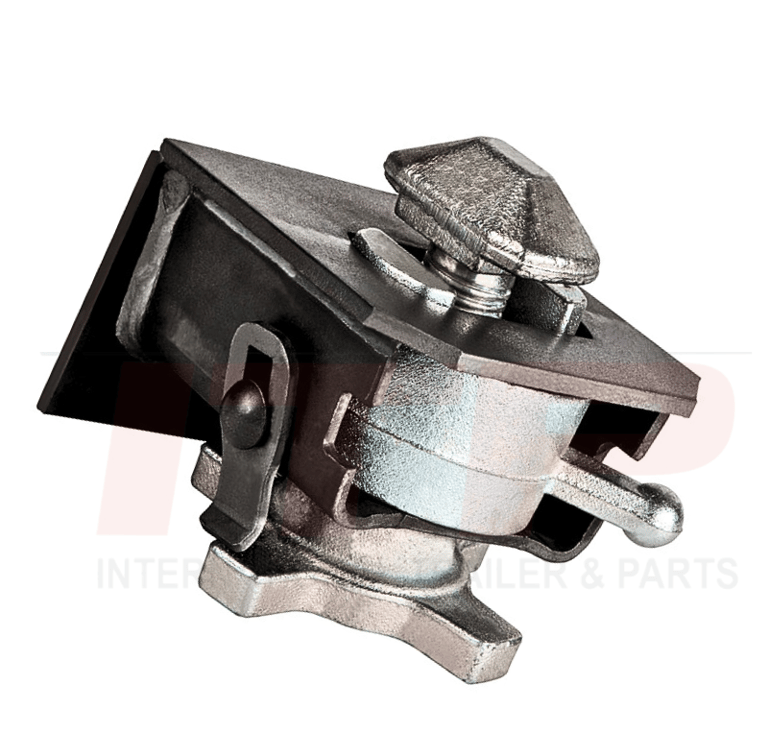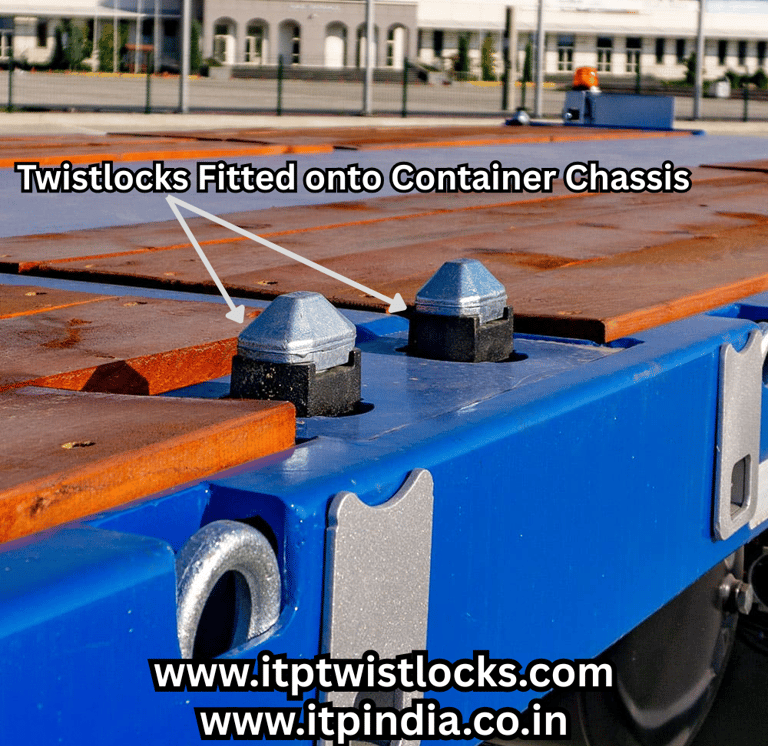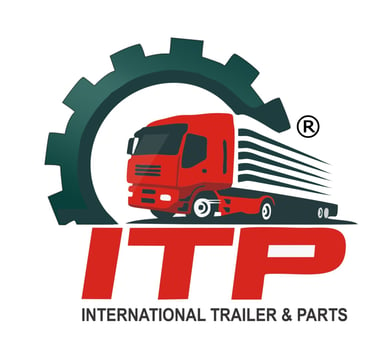Understanding the Key Components of a Trailer Twist Lock: A Complete Guide
Trailer twist locks are essential safety devices used to secure shipping containers on trailers, chassis, and vessels. They ensure containers remain fixed during transportation, making global logistics safe and reliable.


Understanding the Key Components of a Trailer Twist Lock: A Complete Guide
Shipping containers move across oceans, railways, and highways every day—and one small but powerful device ensures they remain safe and secure during the entire journey: the trailer twist lock.
Twist locks are the backbone of container transport, designed to secure containers to chassis, trailers, or stacked units on vessels. Without them, global cargo logistics would not be possible.
But what makes a twist lock reliable enough to handle extreme loads, harsh weather, and months of transport without inspection? The answer lies in its precision-engineered components.
Each part of a twist lock—whether for locking, guiding, or structural support—plays a vital role in ensuring the container stays firmly in place. Understanding these parts is crucial for manufacturers, operators, and logistics professionals who want to guarantee safety, efficiency, and compliance with international standards.
In this complete guide, we’ll look at the key components of a trailer twist lock that influence strength, durability, and long-term performance.
Key Components of a Trailer Twist Lock
Locking Pin
The locking pin is the central element of the twist lock. Inserted into the container’s corner casting, it rotates to secure the container in place. Its strength and precision machining determine the overall safety of the locking system.Locking Handle
The handle controls the operation of the twist lock. With a simple quarter turn, it locks or releases the container. Built for strength and easy operation, the handle must withstand repeated use without bending or failure.Locking Nut
A crucial part of the assembly, the locking nut keeps the twist lock mechanism tightly fastened. It ensures stability under heavy vibration, long-distance transport, and rough handling.Guide Bush
The guide bush helps align the locking pin during operation. It reduces wear, distributes load, and ensures smooth engagement with the container corner casting.Outer Bush
The outer bush provides additional reinforcement to the locking system. It protects the chassis and twist lock housing while improving durability and service life.Housing / Body
The main body of the twist lock holds all components together. Whether cast, forged, or fabricated, its design and material strength are critical for bearing heavy loads and ensuring container stability.Torsion Spring or Retainer (in some models)
Used in certain twist lock types, torsion springs or retainers provide additional clamping force and keep the mechanism in position, preventing accidental disengagement during transport.
Why These Components Matter
Every component of a twist lock works in harmony to keep containers safe. From the locking pin’s precision fit to the handle’s easy operation, each part must be manufactured with strict quality standards. Even a minor defect can lead to unsafe transport conditions, accidents, or costly cargo damage.
ITP’s Expertise in Twist Locks
At ITP, we specialize in the manufacturing and customization of trailer twist locks and spare parts. Using advanced methods like casting, forging, and sheet metal fabrication (bending, cutting, welding), we ensure each part is built to perform under the toughest conditions.
✅ BV Approved & ISO Standard
✅ Customizable for Retractable, Non-Retractable, Screw, and Handle Types
✅ Interchangeable with Global Brands
✅ Precision-Engineered Spare Parts (pins, nuts, bushes, handles)
Conclusion
Though compact, twist locks are one of the most critical safety components in the transportation industry. Their parts—from locking pins to guide bushes—must work flawlessly to secure containers across continents.
With ITP’s high-quality, certified, and globally compatible twist locks, logistics professionals can trust that every shipment remains safe, stable, and roadworthy.




